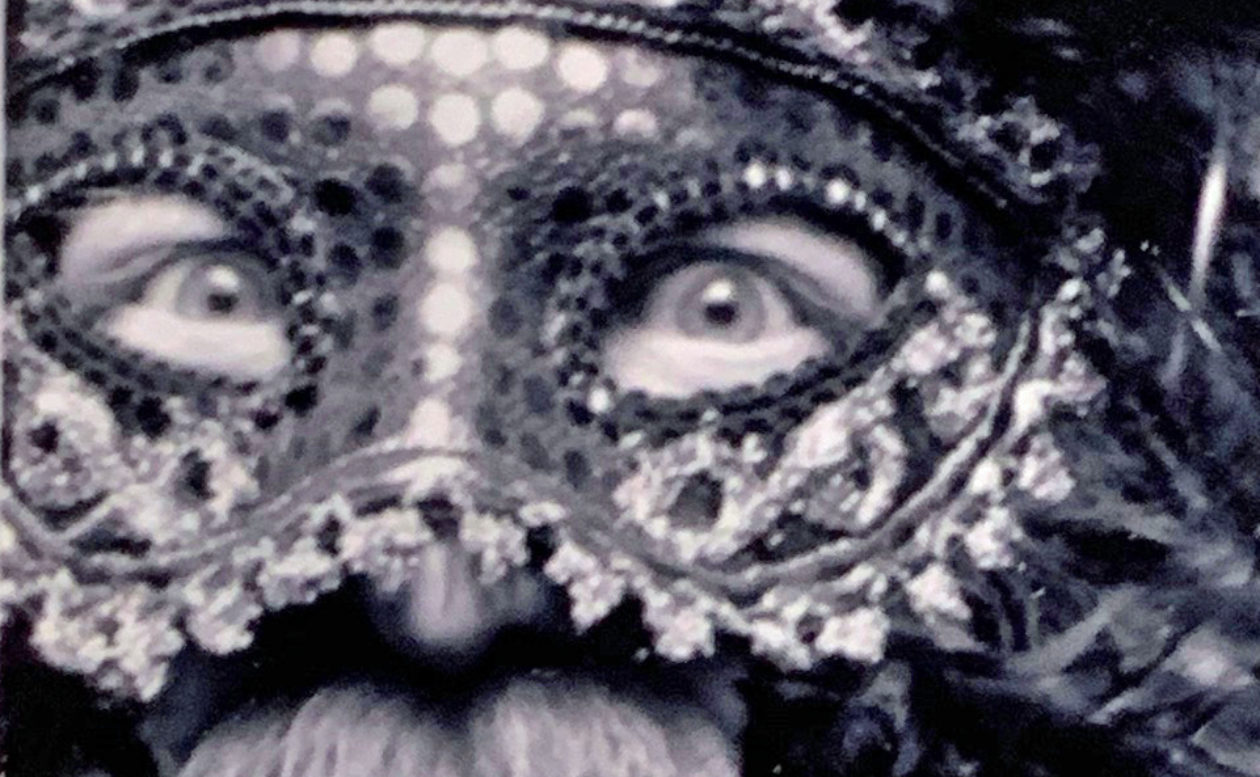With age, things change:
Skin thins as if by evaporation.
Gums recede.
Color leaves the hair.
The skeleton shrinks
In size and density.
We are gradually less.
At the end, we cease,
As far as we know,
In this corporeal world.
We set aside our bodies,
Like last year’s model.
We set aside physical interaction.
But that is all obfuscation.
It is a trick of language to say
We did something
And then say We don’t do something.
For the dead, there is still so much to do.
There is the going away,
Likened to some journey that changes us.
And if we go away,
We must be going to some place.
Another place, not like this place.
For what good is an afterlife,
If it is merely another iteration of this life?
Why go to all the bother of aging and dying
Just to wake up in another here?
There are always tests to see if the dead are worthy.
Ancient Egyptians had Ma’at,
Simultaneously Justice and Truth,
And Goddess.
If the heart of the dead
Balanced on a scale against her feather,
The dead could pass to the afterlife.
If it did not, the dead received utter obliteration.
It was all about the state of the heart.
Hebrews, Christians and Muslims
all measure the good of the heart
And promise obliteration if there is not enough.
Today, as a cultural species, we don’t need religion
to practice the concept of obliteration.
We begin before physical death.
The soon-to-die begin to lose autonomy.
It happens as if by evaporation,
The value of a full person evaporates.
We take their positions.
We take their possessions.
We take their permissions.
Once they actually cease,
There is so little change in the world.
It’s like they were always a memory.
